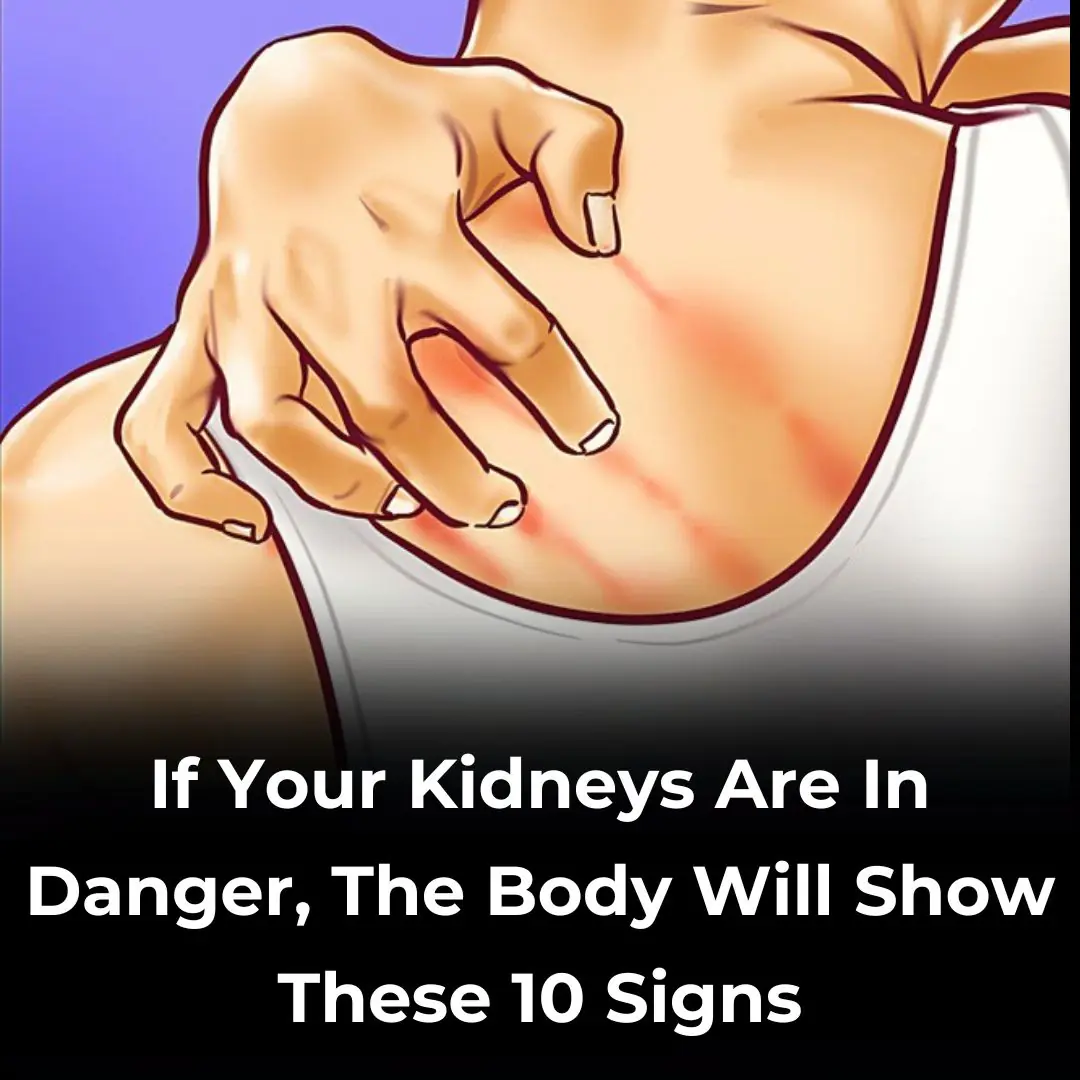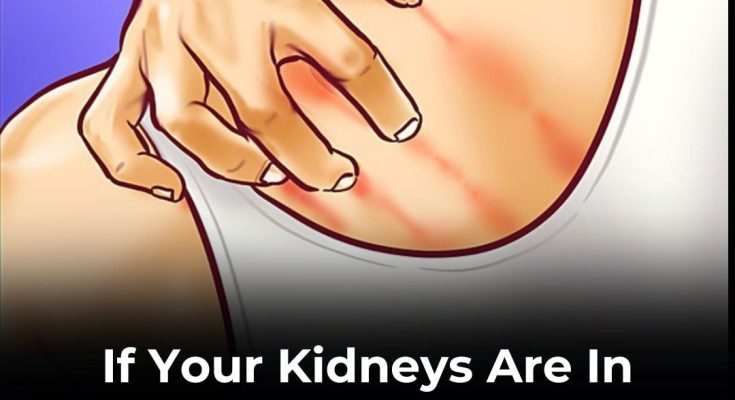Kidney Disease: A Silent but Serious Health Threat
Kidney disease is a serious medical issue with an unfortunate prevalence in our society. According to the medical journal, Primary Care, chronic kidney disease (CKD) is a major health problem affecting approximately 13% of the United States population. (1)
The scientific journal, Kidney International Supplements, advises that some of the risk factors for kidney disease are high blood pressure, excessive alcohol consumption, smoking, and the use of analgesic medications. (2) Additionally, poor dietary habits, high cholesterol levels, and exposure to environmental toxins may also contribute to kidney dysfunction over time.
The Importance of Kidneys
The kidneys are bean-shaped organs and they are one of the most important organs in our body. The Journal of Physiology describes the kidneys as “an organ of critical importance in physiology.” (3)
The kidneys perform several crucial functions to ensure the healthy function of internal processes. Your kidneys are located in the middle of your back against the back muscles, with one on either side of your spine.
The kidneys filter out harmful waste and excess toxins while balancing blood pressure and essential nutrients. (4) They also play a key role in maintaining electrolyte balance, which is crucial for muscle contractions, nerve function, and hydration.
Without the kidneys, our bodies wouldn’t be able to:
- Keep water and essential minerals balanced in the bloodstream.
- Maintain a healthy blood pressure.
- Extract chemicals and waste that come from digestion, medication use, and physical exertion.
- Activate vitamin D for healthy bones.
- Increase the production of red blood cells to deliver oxygen through the body.
- Regulate acid-base balance to prevent metabolic acidosis.
Even bodily processes like metabolic function produce waste products that are harmful to the body. Risk factors surround us daily, but with our kidneys at work, we don’t have to worry about them—until they begin to fail.
What Causes Kidney Disease?
As mentioned earlier, certain diseases can predispose individuals to kidney disease.
According to the medical journal Renal Injury Prevention, diabetes and high blood pressure are the top causes of kidney disease. (5)
If you have high blood pressure, stay mindful of the possibility of kidney problems in the future. When you visit the doctor, keep a close watch on your blood sugar and blood pressure levels and ask whether they are within the normal range.
According to medical studies, kidney disease can also be passed on through genetic predisposition. (6) Individuals with a family history of autoimmune diseases or polycystic kidney disease are more vulnerable to kidney problems in the future. (7)

Birth defects, certain infections, and improper use of medication can cause kidney damage and renal disorders. (8)
Harmful habits like drinking, smoking, poor diet, and lack of exercise are also major causes of kidney disease. (9, 10, 11) Exposure to heavy metals, prolonged dehydration, and high levels of stress may also contribute to kidney dysfunction over time.
Early Signs and Symptoms of Kidney Disease
The challenge with kidney disease is that many people fail to recognize the warning signs until the condition has progressed significantly. (12)
The symptoms of kidney damage can be quite general in the early phases, leading individuals to dismiss them or associate them with another illness. Additionally, kidneys have a remarkable ability to adapt to disease as they lose function.
Doctors from the Mayo Clinic say that some of the symptoms of kidney disease or kidney failure include: (13)
- Fatigue and weakness
- Changes in urination, such as blood in the urine or changes in frequency
- Trouble sleeping
- Nausea and vomiting
- Digestive irregularities
- Loss of appetite and a persistent metallic taste in the mouth
- Lack of concentration and mental clarity
- Persistent hiccups
- Swollen ankles or feet
- Pain above the waist in the back of the body (near the kidneys)
- Muscle spasms and cramping
- Fluctuations in blood pressure
- Shortness of breath
- Skin rash or chronic itching
- Cold intolerance and frequent chills
Detecting these signs early is essential. If kidney problems aren’t addressed promptly, the damage can become irreversible, leading to dialysis or kidney transplantation.
If you experience some of these symptoms or have concerns about your kidney health, consult a physician immediately.



